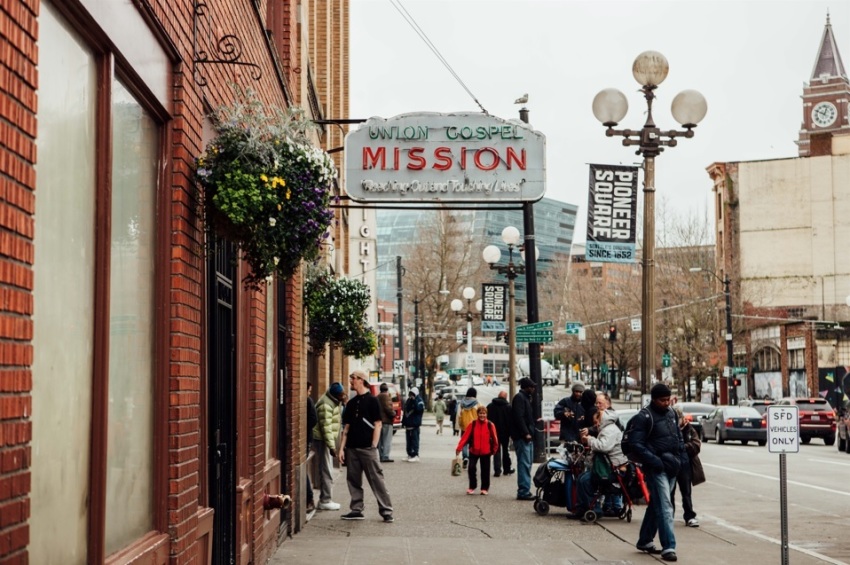Christian charity asks Supreme Court to protect it’s faith based hiring rules on moral, sexual ethics

A Seattle, Washington-based Christian charity is asking the U.S. Supreme Court to rule that it acted lawfully when it refused, on religious grounds, to hire a man in a same-sex relationship.
Seattle’s Union Gospel Mission petitioned the Supreme Court earlier this year regarding the ongoing legal battle with Matthew Woods, who had applied for an attorney position with the charity in 2016 but was denied due to him being in a same-sex romantic relationship.
Union Gospel Mission, which is being represented by Alliance Defending Freedom, has asked the Supreme Court to hear the case after the Washington state Supreme Court overturned a lower court decision in their favor.
ADF Legal Counsel Jake Warner told The Christian Post in an interview Monday that Union Gospel Mission reached out to his organization after the Washington Supreme Court decision.
The petition to the Supreme Court is “currently in briefing,” according to Warner, noting that they asked the Supreme Court to hear the case “a few months ago,” and they expect a response to their petition “perhaps as early as early December.”
“In our view, religious organizations have the right to hire those who share their beliefs without being punished by the government. In fact, six federal appellate courts have already recognized this principle,” said Warner.
“But the Washington state Supreme Court stands alone against this principle, and it's important enough that we believe that the Supreme Court needs to clarify that the First Amendment protects the right of religious organizations to decide who gets to share their religious message to the public.”
In October 2016, Woods, a professed Christian who had volunteered at the Union Gospel Mission’s legal aid clinic while a law student, applied for a staff attorney position with the charity.
When Union Gospel Mission refused to hire him due to their belief that Woods’ same-sex relationship violated Christian teaching regarding sexual ethics, Woods filed a complaint in November 2017.
In March, the Washington Supreme Court reversed a trial court ruling in favor of Union Gospel Mission, then remanded the case back to the lower court to determine if the charity could apply for a ministerial exemption.
Justice Barbara A. Madsen authored the state Supreme Court’s majority opinion, arguing that neither the Mission nor its legal aid clinic “is a church or religious entity principally responsible for the spiritual lives of its members.”
“Moreover, Woods sought employment with SUGM as a lawyer specifically, not as a religious minister or teacher, and there is no indication that religious training is necessary for the staff attorney position,” ruled Madsen.
“It is best left to the trial court to determine whether staff attorneys can qualify as ministers and, consequently, whether Woods’ discrimination claim under [Washington's Law Against Discrimination] must be barred.”



























